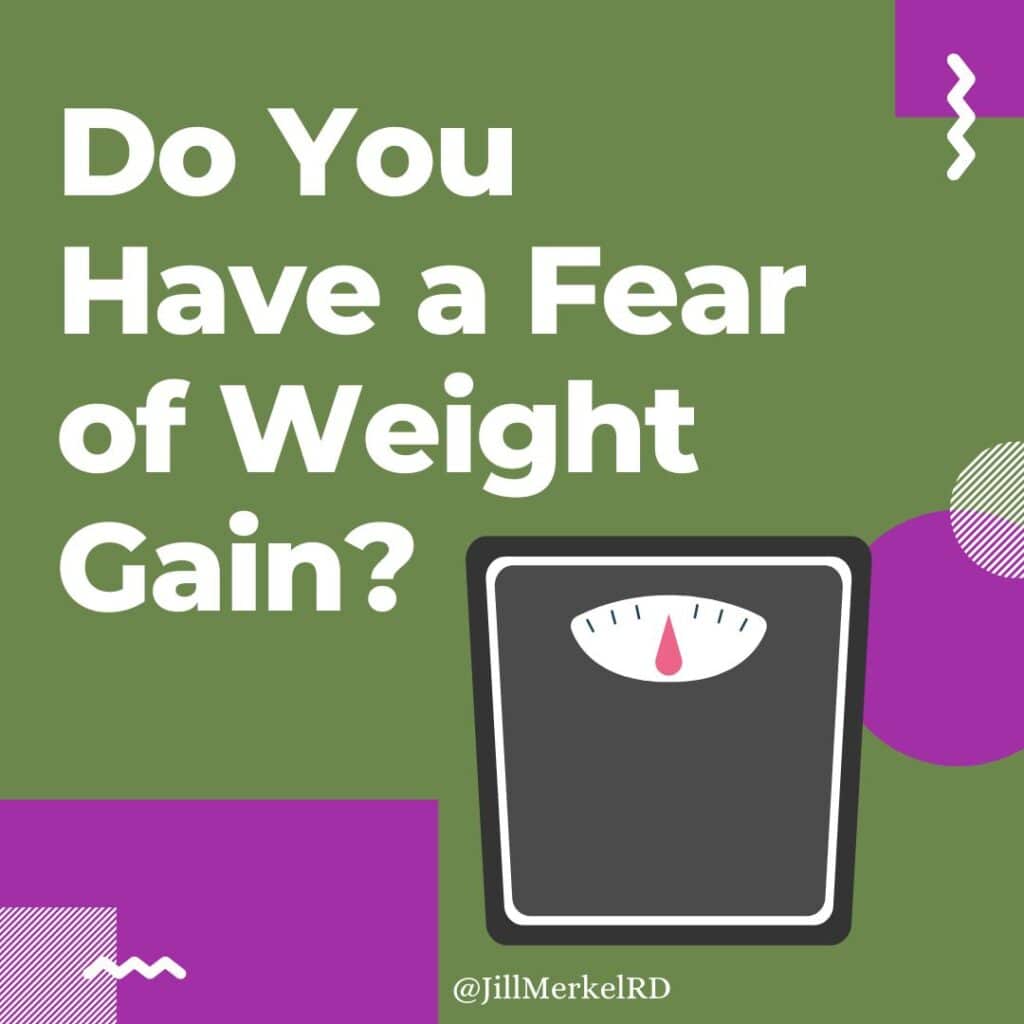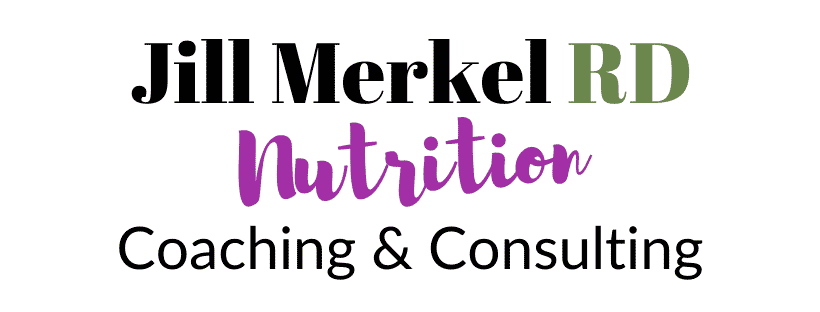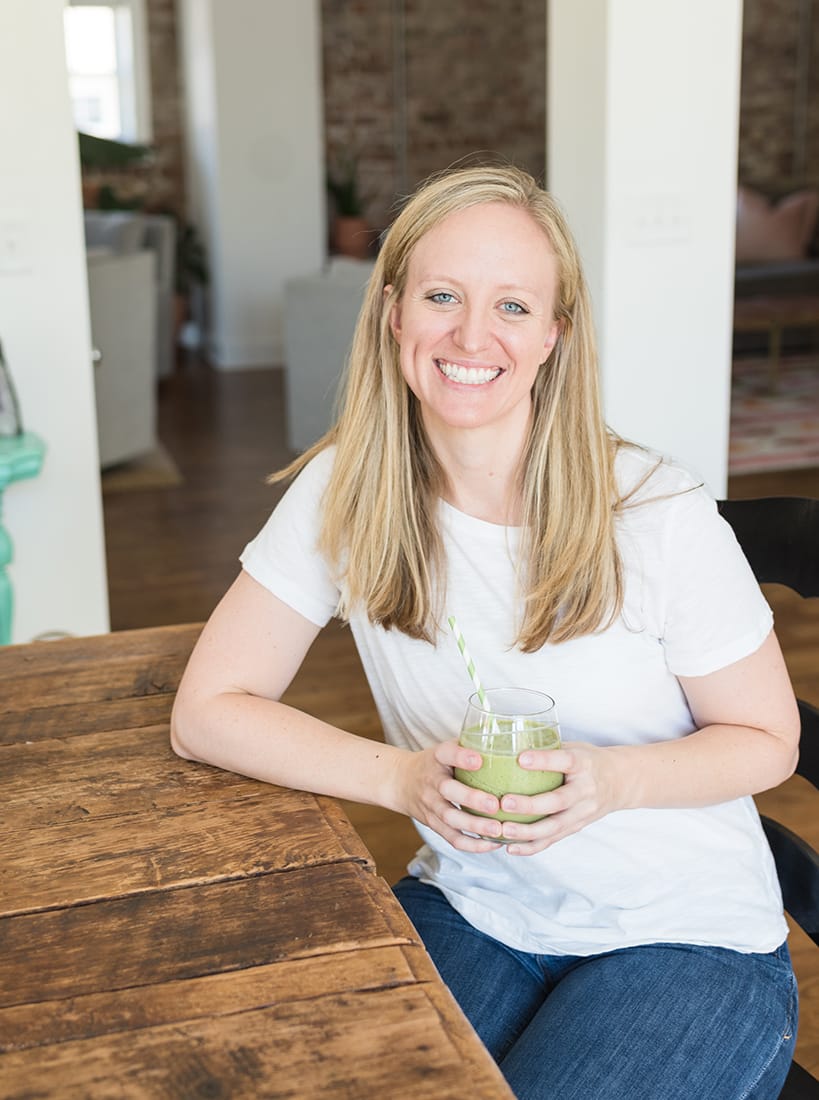In our thin obsessed, diet culture world, if you have a fear of weight gain, please know you are not alone and it makes complete sense!
If you have a fear of weight gain, or feel you can’t let go of dieting and trust your body, this post is for you.

Do you have a fear of weight gain?
First, we need to explore a little bit.
Where did the idea, thoughts, beliefs that you need to lose weight come from? Do you remember the first time you felt like you needed to change your body or the first time you compared your body to someone else’s?
What triggered you to think or believe that you needed to lose weight or change your body?
Was it a comment from someone, either directly or indirectly criticizing your body? Was it someone else criticizing their own body? Was it someone or something you saw on tv, in a movie, or other media source?
What were your underlying feelings about your body at that time? What did you believe weight loss or changing your body would give you – beauty, worth, power, attention, belonging, etc.?
It may also be helpful to write or draw out a timeline of your body image highs and lows or main triggers or times in your life when you felt positively or negatively about your body.
Notice, again, what triggered these events. Was it during periods of transition such as puberty, starting high school or college, getting married, etc. or periods of stress or grief such as graduating college, starting a new job, having a death in the family, etc.
What did you do in response to these triggers and thoughts or beliefs that you needed to change your body? Did you start a diet? How did that go? How did you feel physically, emotionally, and mentally? How did it impact your life, such as social situations or exercise behaviors?
Was it sustainable? Did it result in all the things you hoped it would? Why or why not?
What is it you REALLY want?
A fear of weight gain is really a fear of something deeper. It’s a fear of losing or not having whatever you associate with a smaller body.
Is your fear of weight gain really a fear or losing beauty, worth, power, attention, belonging, confidence, or something else?
Once you know what it you really want, you can ask yourself:
Why do I believe that weight loss will bring me these things? (Likely because we’ve been brainwashed from a very young age to believe so!). And if weight loss isn’t attainable, how else might I go about achieving these things I desire?
For example, if what I really want is more confidence, how can I begin to pursue that goal without focusing on changing my body?
Some ideas might be to buy clothes that fit your current body and that you feel comfortable in; or to practice speaking up for yourself when you normally shy away from voicing your opinions; or to do something you’ve been putting off such as dating or applying for a job promotion.
It’s also important to challenge your beliefs about weight. Just because we’ve been told our whole lives that being smaller is better, or healthier, or more beautiful, doesn’t mean it’s true.
Again, explore where your thoughts and beliefs about weight and your fear of weight gain came from.
Where do they continue to come from?
Are there people in your life that talk about food and weight a lot that you find triggers you?
Do you follow people on social media that cause you to feel badly about yourself?
Can you diversify your social media feeds and your media intake to include more body positive accounts and more accounts that show a diverse range of bodies?
You can use your previous experiences to challenge your thoughts and beliefs. For example, if you have the thought, “I should cut out carbs to lose weight,” use your previous experience of cutting out carbs to challenge this thought, such as “When I previously tried to cut out carbs, my energy tanked and it wasn’t sustainable. I eventually binged on carbs and felt terrible.”
You can also use facts to challenge your thoughts and beliefs. For example, if you have the thought, “I should cut out carbs to lose weight,” use your knowledge that carbs are the body’s preferred fuel source and they are loaded with fiber, vitamins, and nutrients that the body needs to feel its best.
You can also ask yourself, not only is this thought or belief TRUE, but is it HELPFUL? And if it’s not, let it go.
Having a personalized self-care toolbox you can turn to in moments of distress can be helpful. Having mantras or affirmations you repeat in your head or say out loud to counter your negative thoughts can be helpful. Working with a health professional can be very helpful in this process.
Just remember, your fear of weight gain makes total sense AND you don’t have to let it control your life. I have a fear of heights, yet I went skydiving once. Maybe you have a fear of public speaking but you still get up there and do your best because your work is important to you.
Just because we have a thought doesn’t mean we have to act on it. Thinking to yourself, “I need to lose weight” doesn’t mean you have to act on it. Just like thinking to yourself, “I should steal that purse” doesn’t mean you act on it.
YOU get to choose what is important to you, what your values are, and what behaviors you engage in in order to lead you closer to the life you want, not further away.
Looking for More?
Download my FREE Guide – 5 Steps to Stop Obsessing About Food and Your Body
Individual Nutrition Coaching – if you’re looking for more individualized support, check out my options for working together one on one.
Intuitive Eating online course – a self-paced online course that walks you through each of the 10 principles of Intuitive Eating to help you make peace with food once and for all.

